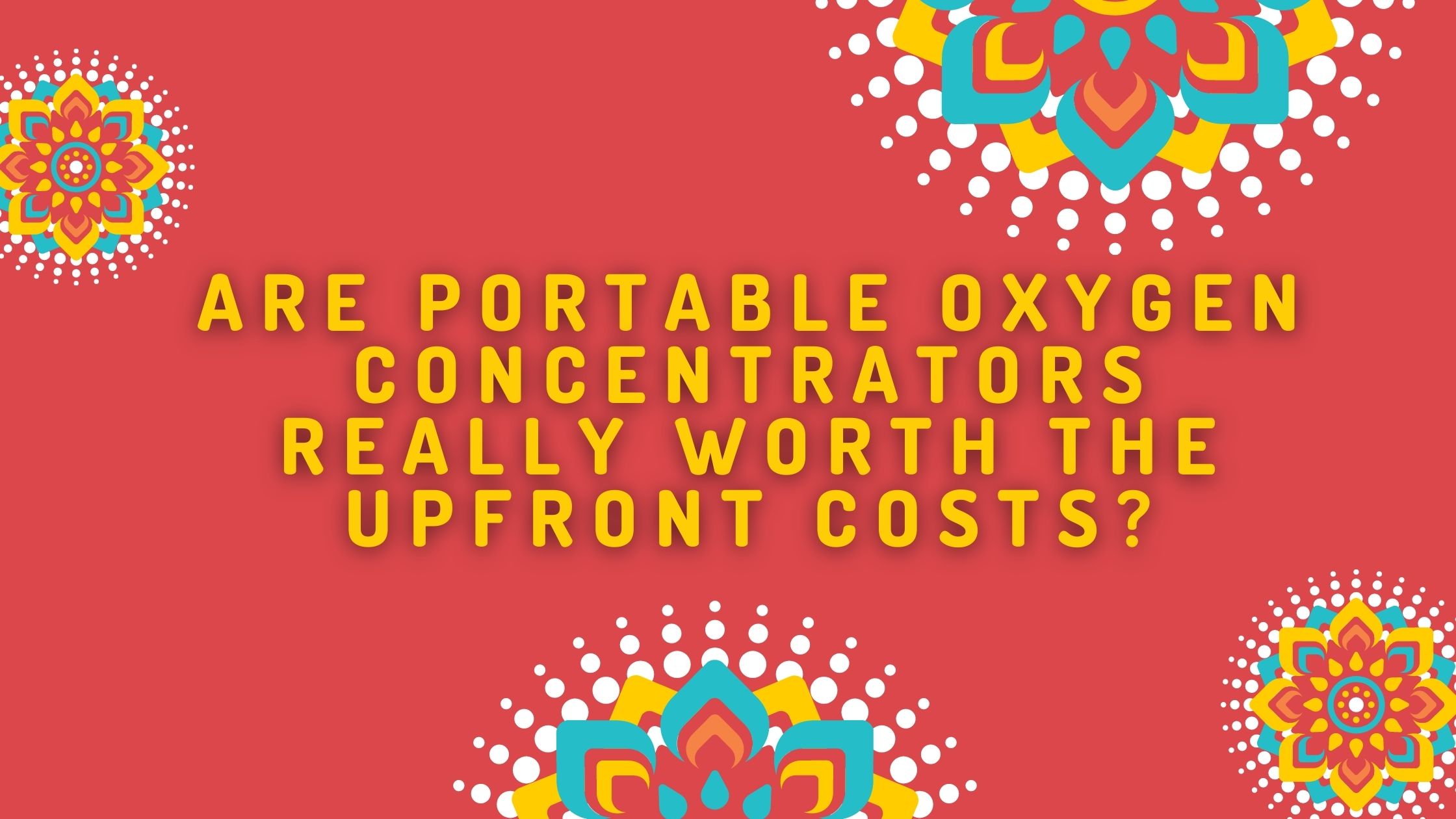
We are writing this article to answer the million dollar question: Are portable oxygen concentrators worth the upfront costs?
To clarify, we are a medical equipment company in Denver Colorado, and our specialty is in portable oxygen concentrators (POC). We work closely with these devices everyday along with the folks and families that need them. It is our number one priority to educate, execute, ensure. This means educating everyone that calls, messages, emails, or comments with inquiries about our oxygen devices. Executing the sales process effectively and efficiently, so our customers can get their oxygen device as soon as possible. And lastly ensuring that all of our customers are happy, satisfied, and taking full advantage of their oxygen device.
With all of this in mind, it is important to note that portable oxygen concentrators are not for everyone. An individual’s certain health condition and the criteria set up by their doctor will inform our respiratory specialists in Boca Raton, Florida whether or not they would benefit from owning a portable oxygen concentrator, and which device they will be able to take advantage of most based on their lifestyles.
{{cta('fa8abc2a-1e88-4fa3-82fd-1cb5b9ed43b2','justifycenter')}}
So for those readers that are eligible for either a pulse flow portable oxygen concentrator or a continuous flow portable oxygen concentrator this blog is for you! We will give you the truth behind buying a portable oxygen concentrator and you can determine for yourself whether or the costs are worth the experience of owning one!
In this article we will talk about:
- Portable oxygen concentrator costs
- Setting up a payment plan to offset the upfront costs
- What you get out of owning a POC
- Longevity of POC compressors
- Battery life of the rechargeable lithium ion battery
- Difference between living with oxygen tanks and living with a POC
Costs of Owning a Portable Concentrator
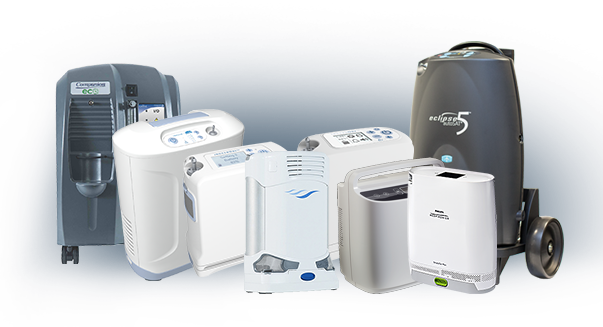
There are three types of costs you will encounter over time with a portable oxygen concentrator, however, the recurring costs are very minimal if anything they are nonexistent compared to owning a liquid or gas oxygen tank.
Upfront Costs
The biggest cost, and what scares most oxygens users right off the bat is the upfront costs, and the facts that POC are very rarely covered by insurance or Medicare.
.jpg)
First of all, the upfront costs can be avoided if you purchase the POC from a licensed distributor, such as LPT Medical. Because we offer a multitude of different brands and carry a lot of products, so we are able to offer the lowest prices. LPT Medial carries Inogen portable oxygen concentrators, Philips Respironics, RedMed, among others and we have something that will work for most oxygen patients.
Portable oxygen concentrators costs will depend on the type of device you need, pulse flow devices are typically cheaper than continuous flow devices, because continuous flow devices have to be much more powerful. The ability of a portable oxygen concentrator’s battery will also factor into the price, so a device with very long lasting battery life, may be more expensive than a device with a less powerful battery.
All of this, and more, can be discussed with your respiratory specialist!

If you still can’t afford the upfront costs of a POC, you can work with your respiratory specialist to set up a monthly payment plan.
Payment plans are great for people who want to build healthy credit, and would rather pay a smaller amount over a period of time, than a large sum at one time.
Recurring costs

The recurring costs associated with medical equipment are costs that you should avoid if at all possible. You can avoid these costs by being diligent about what you require as far as equipment and what you do not, this all comes down to educating yourself.
For example, when it comes to oxygen equipment, oxygen tanks will cost more the longer you use it, and the costs will never subside. Every time you need to refill the tanks, you are wasting time and money.
With a portable oxygen concentrator, you may have to occasionally pay to have it fixed after the 3 year warranty is up, but luckily, portable oxygen concentrators are very durable, like the SeQual Eclipse 5 was design for the US military, and it is known for being durable and reliable for years and years.
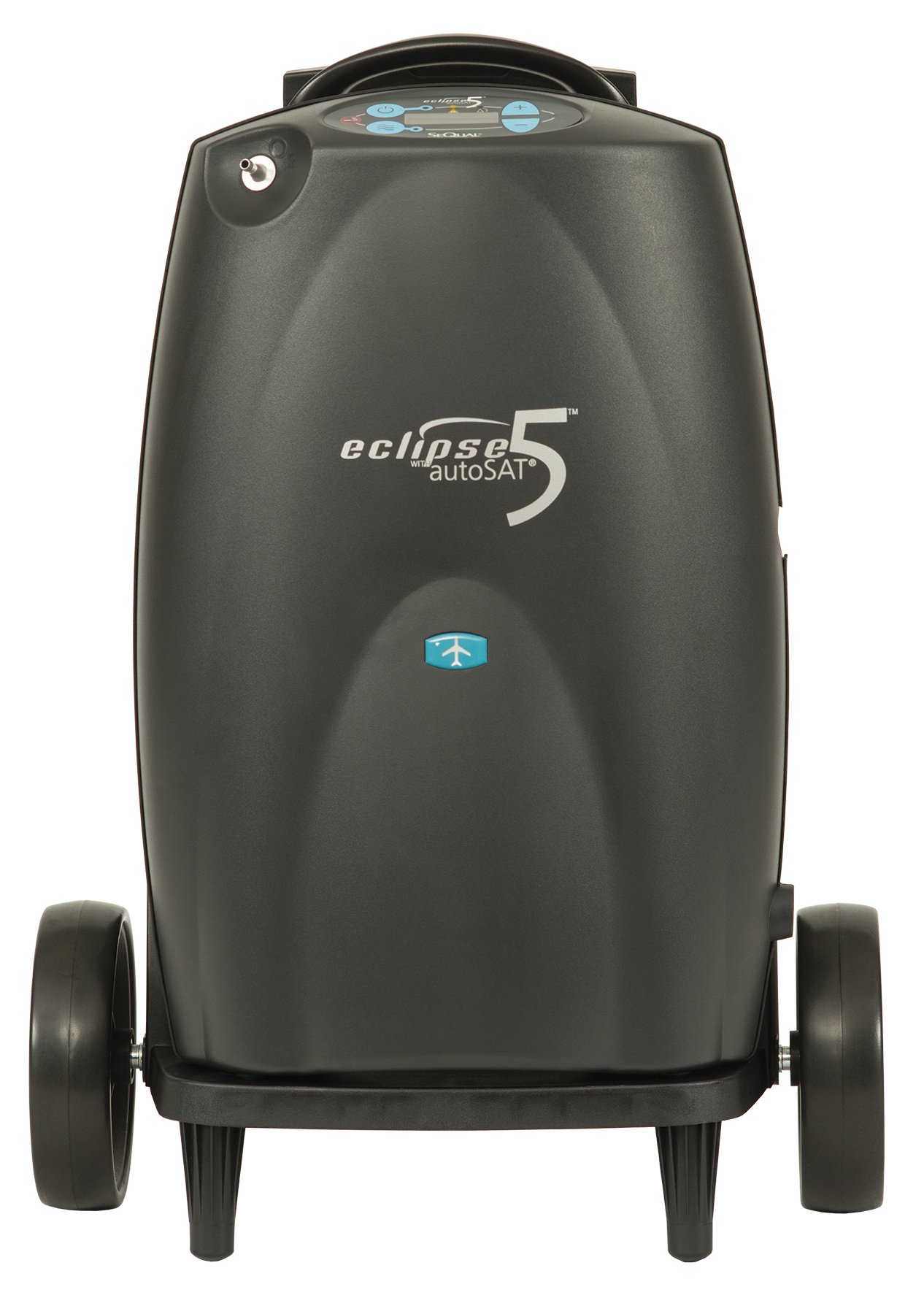
The other great things about working with LPT Medical, when you buy a portable oxygen concentrator is how we will only sell oxygen devices to people who can benefit from the device for years to come. This greatly has to do with the potential to increase your oxygen supply should you ever need to. Some portable oxygen concentrators emit more oxygen and for folks who have a high oxygen prescription we would only recommend a powerful device that has room to support you should you need more oxygen in the future or in the case of a COPD exacerbation.
What you get out of owning a POC
This section is all about you!!!

What are you getting out of a portable oxygen concentrator? Here is a list of all of the positive things oxygen patients have told us about their POCs.
- Reliable: POCs give you the oxygen you need to combat respiratory disease symptoms and the tools to accomplish your daily oxygen therapy thereby adding years to your life.
- Portable: Easy to carry over the shoulder with the custom carrying case, in a portable oxygen concentrator backpack. Even the heavy continuous flow device are easy to bring with you wherever you go because the wheels are lightweight and large so it can maneuver through in any terrain, and the shape of the devices are compact and manageable
- Independence: Oxygen users feel they are finally able to depend on themselves, rather than be at the will of the oxygen tank supply company. POC owners can charge their batteries, carry their own device, and so much more.
- Ability to travel: Most oxygen users are still very active and are eager to spend time with family and friends. POCs are all FAA approved, and every device we sell will fit under the seat in front of you.
- Ability to exercise: With a lightweight portable oxygen concentrator by your side, exercise is more attainable. Even a short walk down the street seems more manageable than if you had to drag an oxygen tank with you.
- Freedom: POC owners have the freedom to do and go where they please. With the rechargeable battery, you will never run out of oxygen. Every device we sell comes with an AC and a DC charging cable, so you will be able to charge your device in the car, RV, boat using the cigarette lighter, or a traditional wall outlet in your home. You can use the device while it is charging so you never have to worry about running low on oxygen. This peace of mind gives you the freedom to go about your day focused on other things rather than your oxygen.
If this list of lifestyle improvements still doesn’t sway you, POC are also much cheaper than oxygen tanks in the long-run. If you have an oxygen tank, overtime, you will have paid more money towards refilling your tanks every week than you would have if you paid for a rechargeable portable oxygen concentrator that you only have to pay for once.
Reality of Owning a Portable Oxygen Concentrator
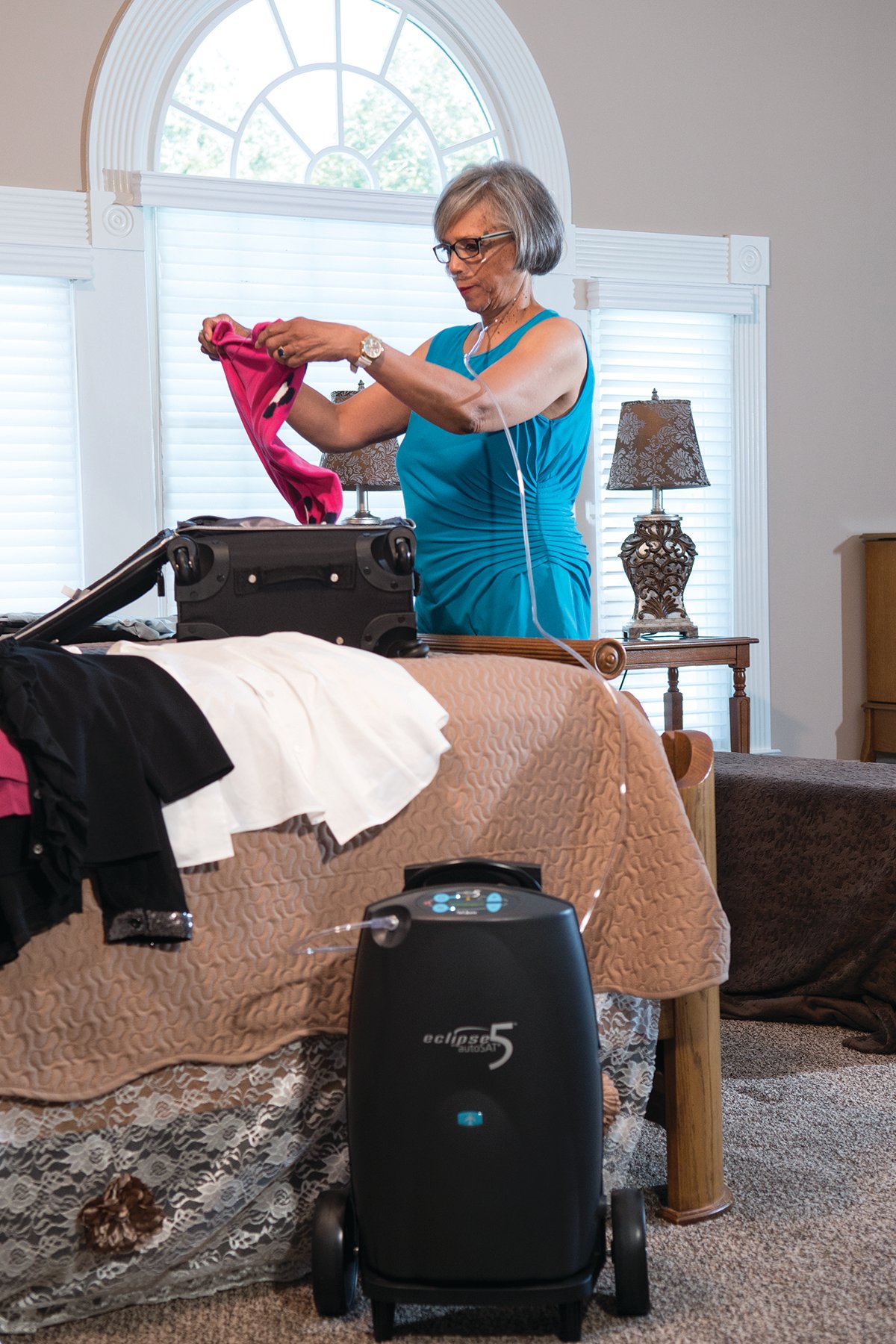
Of course, like anything in life, nothing is perfect. POCs do not work for everyone, and sometimes the operational capacity or the design just doesn’t fit into an individual’s lifestyle or oxygen requirements. While we are capable of determining whether or not our POCs will cover you medically, you ultimately have to decide if a rechargeable battery powered device is right for you.
There are luckily very few general cons to owning a portable oxygen concentrator. They are user friendly, durable, and if they do malfunction they can be easily fixed or replaced. We are very confident in the products we offer, which is why we are willing to offer such a generous warranty on every new device we sell. We even offer warranties on used and refurbished devices, that is how much we believe in the product.
Longevity

The key to satisfying any customer is to offer them a product that they can have for a very long time, and if we can do that at a reasonable price, we did our job correctly!
The truth is that portable oxygen concentrators were built to last. Devices like the Inogen One G5, the Caire freestyle comfort, and the Respironics SimplyGo, all have compressors that are rated to last 20,000 hours. The Oxlife Independence Portable Oxygen Concentrator is so low maintenance, pretty much the only thing you need to worry about is changing the filter.
Differences Between Owning a Portable Oxygen Concentrator Vs. an Oxygen Tank
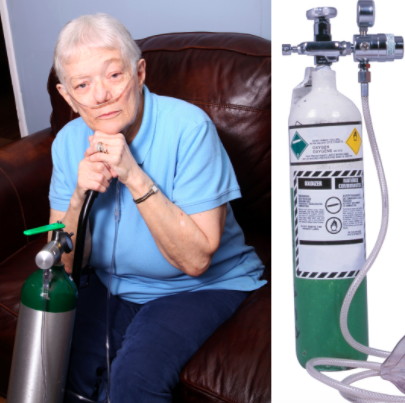
If you currently have an oxygen tank, hopefully after reading this article you can see the difference owning a POC can make in your life. If you are a new oxygen patient reading this, here is a resource to see side by side how owning a POC compares to owning an oxygen tank
- POCs weigh less than a tank
- You do not have to refill a POC, whereas you will have to refill your oxygen tank
- Your POC runs off of batteries, an oxygen has a limited reserve of oxygen that you will use up over time
- Oxygen tanks cannot come with you on airplanes, POCs can be carried on flights with you
- POCs are designed with mobility and portability in mind, oxygen tanks were developed early on when being mobile was not a priority for oxygen patients
- POCs are more technologically advanced yet very user friendly, and some can offer health tracking systems, whereas tanks offer a more simple operation
Overview

Making a large financial decision doesn't have to be stressful. Once you know more about a product it becomes clear how much value something can bring to your life, the decision becomes much easier.
We hope this article gave you some insight in the life of owning a POC. If you still have questions, do not hesitate to call us at 1(800)-946-1201, our respiratory specialists are standing-by to help you sort of the medical jargon, finances, and anything else that might be holding you back from purchasing a POC of you own.
We hope this guide helped you determine whether or not a POC is right for you, and if the costs are worth the luxury of owning one yourself!
If you have any question or concerns please comment below, and feel free to share this blog with family or friends if you think they might be interested.

